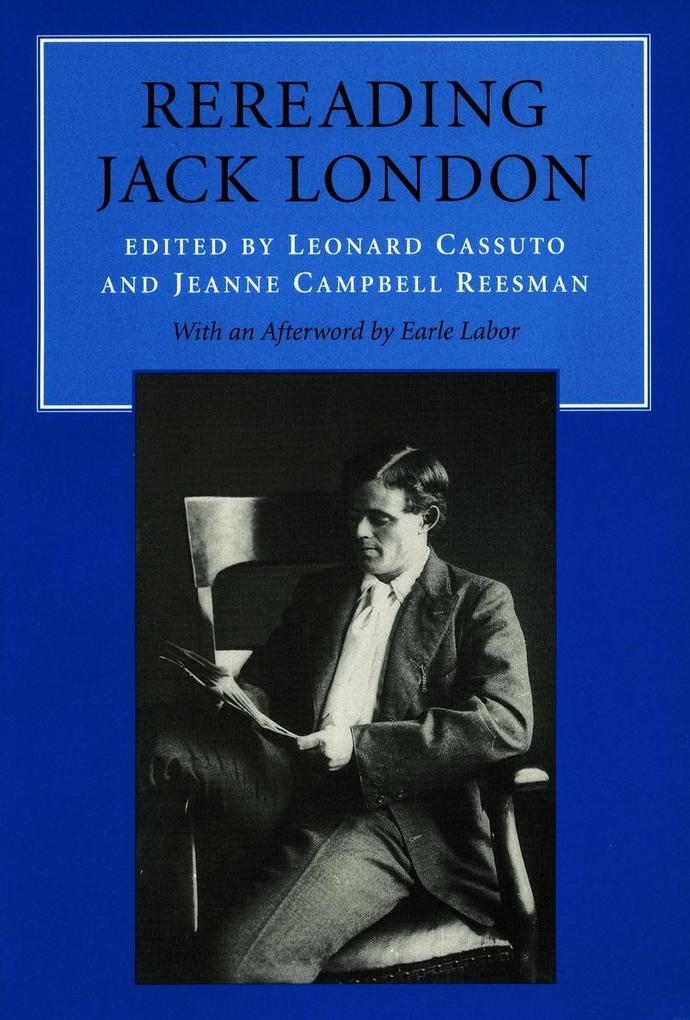Jack London has long been recognized as one of the most colorful figures in American literature. He is America's most widely translated author (into more than eighty languages), and although his works have been neglected until recently by academic critics in the United States, he is finally winning recognition as a major figure in American literary history.
The breadth and depth of new critical study of London's work in recent decades attest to his newfound respectability. London criticism has moved beyond a traditional concerns of realism and naturalism as well as beyond the timeworn biographical focus to engage such theoretical approaches as race, gender, class, post-structuralism, and new historicism. The range and intellectual energy of the essays collected here give the reader a new sense of London's richness and variety, especially his treatment of diverse cultures. Having in the past focused more on London's personal "world," we are now afforded an opportunity to look more closely at his art and the numerous worlds it uncovers.
Inhaltsverzeichnis
Introduction: Jack London, a representative man Leonard Cassuto and Jean Campbell Reesman; 1. Commitment and practice: the authorship of Jack London James Williams; 2. Congested mails: Buck and Jack's 'call' Jonathan Auerbach; 3. Ishi and Jack London's primitives Charles L. Crow; 4. Gazing at royalty: Jack London's The People of the Abyss and the emergence of American imperialism Robert Peluso; 5. Power, gender and ideological discourse in The Iron Hell Francis Shor; 6. Sea change in The Sea-Wolf Sam S. Baskett; 7. Making a heterosexual man: gender, sexuality and narrative in the fiction of Jack London Scott Derrick; 8. Social Darwinism, gender and humor in Adventure Clarice Stasz; 9. The way our people came: citizenship, capitalism, and racial difference in The Valley of the Moon Christopher Hugh Gair; 10. Zone-conquerors and white-devils: the contradictions of race in the works of Jack London Andrew J. Furer; 11. Political leprosy: Jack London the Kama'aina and Koolau the Hawaiian James Slagel; 12. Historical discourses in Jack London's 'shin bones' Tanya Walsh; 13. The myth of hope in Jack London's The Red One Lawrence I. Berkove; Afterword: the representative man as writer/hero Earle Labor; Notes; Index.










